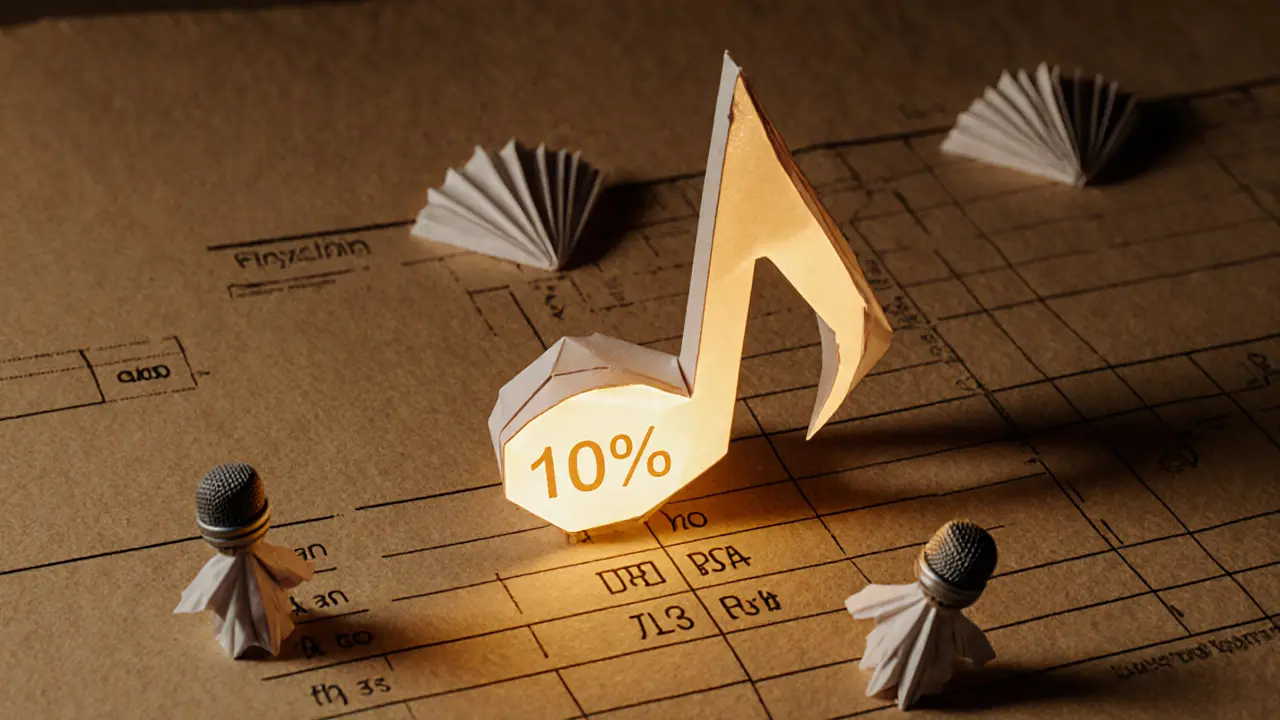Music NFT Platforms: Where Artists Sell Tracks as Blockchain Tokens
When you buy a music NFT platform, a digital marketplace where artists sell audio files as unique blockchain tokens. Also known as crypto music platforms, it lets creators bypass labels and earn directly from fans—no middlemen, no streaming cuts. This isn’t just about owning a song file. It’s about owning proof that you backed the artist at the right moment, with rights that can include royalties, exclusive access, or even voting on future releases.
Most music NFT platforms, a digital marketplace where artists sell audio files as unique blockchain tokens. Also known as crypto music platforms, it lets creators bypass labels and earn directly from fans—no middlemen, no streaming cuts. rely on Ethereum or Polygon to record ownership. But not all are built the same. Some focus on high-profile artists dropping limited editions. Others let anyone upload a track for $5 and hope it catches fire. The best ones, like Royal or Sound.xyz, tie token sales to real revenue shares—so if the song gets played on Spotify or in a TikTok trend, you get a cut. Others? They’re just digital trading cards with no real utility.
Then there’s the NFT royalties, automatic payments artists receive every time their NFT is resold on a secondary market. Smart contracts are supposed to enforce these, but major marketplaces like OpenSea stopped honoring them in 2023. That means even if you bought a track promising 10% resale fees, the next buyer might not pay a dime. And if the platform shuts down? Your NFT becomes a digital ghost—still on the blockchain, but useless without the site that lets you listen or claim earnings.
That’s why most music NFTs flop. Artists think selling a song as an NFT is the same as going viral. It’s not. You need a fanbase that already trusts you, understands blockchain, and is willing to pay upfront for something no one else can own. The few that work—like when 3LAU sold his album for $11.7 million—aren’t luck. They’re built on years of community trust, not hype.
So what’s left? A handful of platforms still trying. Some focus on indie musicians. Others tie NFTs to live shows or merch drops. A few even let fans co-produce tracks. The real winners won’t be the ones with the flashiest website. They’ll be the ones that make owning a music NFT feel useful—like having a backstage pass, a voice in the next album, or a share in the next hit.
Below, you’ll find real reviews of platforms that actually deliver on their promises—and the ones that turned out to be empty promises wrapped in blockchain jargon. No fluff. Just what works, what doesn’t, and why.

